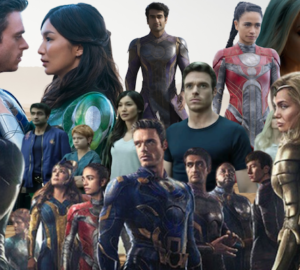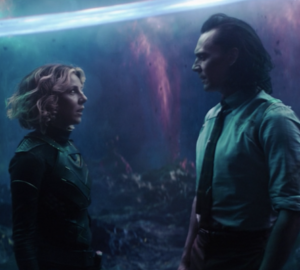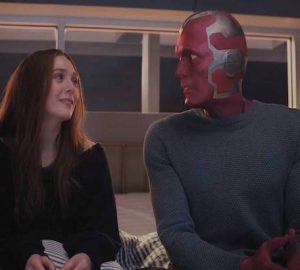Loki’s history as an antihero
by Allison Hambrick
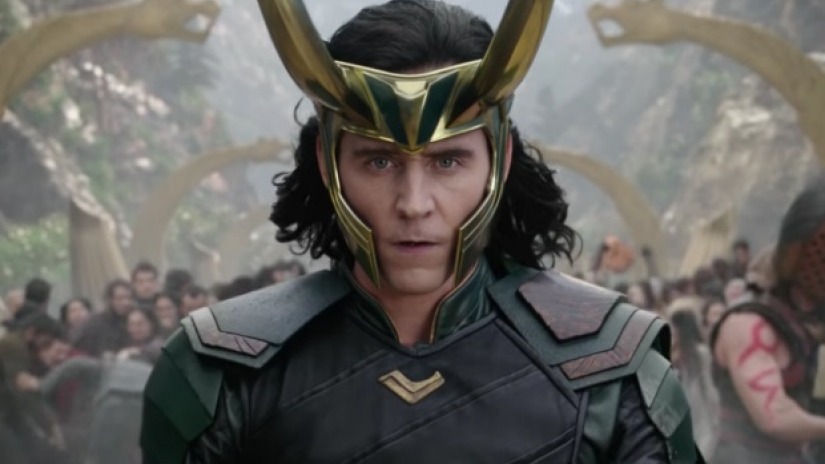
Seven years ago, the world eagerly awaited the most ambitious superhero flick to date: “The Avengers.” Kids and adults alike were intrigued at the prospect of seeing Earth’s mightiest heroes join forces. I was far more excited for the return of Thor’s brooding younger brother as the villain. That’s right, I was and remain to be a Loki fangirl.
Introduced in Sir Kenneth Branagh’s 2011 adaptation of “Thor,” Loki started out as the sarcastic younger brother, who Thor often turned to for advice. From the get go, it was established that Odin favored his older son and made no secret of it. While Thor is oblivious to the toll this takes on his brother, Loki takes it in stride.
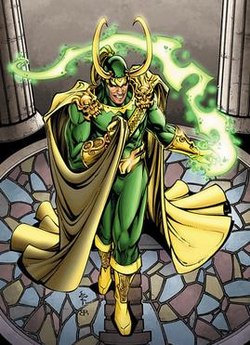
As the god of mischief, Loki was a trickster from the start, sabotaging his brother 10 minutes into “Thor.” Yet the audience fell for him because of his biting wit and emotive power. Loki’s sense of humor was the hook that drew people in. The first time I saw “Thor,” it was Loki’s well-timed “damn,” right after Thor initiated a war, that kicked the movie into high gear and solidified my interest in the character.
As the first movie progressed, Loki discovered that he was adopted from the very race that his home world of Asgard was at war with, causing him to doubt his entire life. Everything that happened beyond that point was driven by the actions of Loki, not Thor. His heartbreak caused him to lash out at his father, putting him into the Odin sleep and securing himself as the ruler of Asgard in his brother’s absence. Projecting his anguish at his father onto Thor, he attempted to take him out of the picture and, of course, failed miserably. In theory, such actions should have caused him to be an unsympathetic character, but it was easy to see that he acted out due to a profound sense of rejection.
“The Avengers” casted Loki in a more sinister light, and a large portion of the audience was new to the character. As a result, Loki’s humor and chilling remarks that drew people in. Loki’s popularity exploded, rivaling that of Iron Man, arguably the most popular Avenger of the time. Fans wanted more, but not just more of him as a villain. People wanted more heartbreak and depth from him. They were invested.
“Thor: The Dark World” was considered one of the Marvel Cinematic Universe’s (MCU) first big misses. The villain did not possess the gravitas of Loki, and the romantic subplot left something to be desired. For a Loki fan, however, the movie delivered. After yet another threat to Asgard, Thor found himself in need of help. Enter Loki. Both brothers are devastated by the loss of their beloved mother, Frigga. Loki attempts to disguise this from Thor, feeling so strongly the loss of the only person he felt truly loved him. The brothers’ struggle to reconnect and work together is so palpable that one can’t help but root for those crazy kids to work it all out, even when Loki predictably fakes his own death and ousts Odin from the throne yet again.
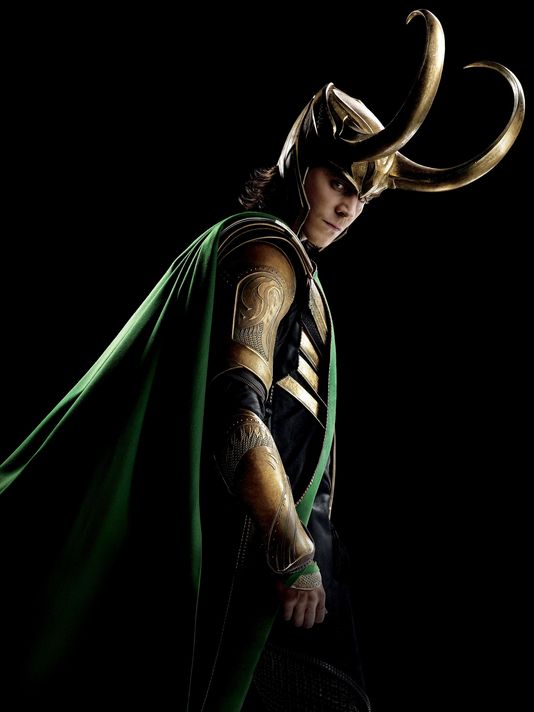
The MCU largely ignored the intrigue of an Asgard under Loki until 2017’s “Thor: Ragnarok.” Early in the film, Thor travels to Asgard, whereupon he immediately figures out that Loki is pretending to be his father. The brothers set out to find Odin, enlisting the help of Doctor Strange. Shortly after he is located, Odin passes on, causing the release of his evil first child, Hela. Thor did not luck out in the sibling department. Loki undergoes his crisis of conscience as he has the opportunity to trade helping his family for security and power. It is only after Thor chastises his inability to repent that he thinks twice about doing the right thing.
Though “Thor: Ragnarok” featured the most comical Loki, it had a lot more to offer fans of the character. After years of dodging his brother’s affections, Loki seeks them out by showing up when he’s needed and sticking around. While it might seem anti-climactic for the character to choose the path of redemption, it allows the audience validation on the investment they had in his story. Even so, Loki remains the trickster we all know and love by nabbing the former apple of his world-conquering eye, the tesseract.
The emotional journey of Thor and Loki did not end with “Thor: Ragnarok.” In “Avengers: Infinity War,” an early scene features Thanos defeating what’s left of the Asgardians in order to obtain the tesseract. Loki stages one final trick, pretending to be on the side of Thanos only to attempt at shanking him and getting murdered in the process. While many fans hoped for more for their beloved antihero, Loki’s arc was ultimately satisfying. He went out taking a stand to protect his brother and stop Thanos. It is notable that he declared himself “Odin’s son,” demonstrating that he has indeed made peace with his origin and his adoptive father. Loki then lives on as Thor’s person-to-avenge, a concept common in the Avengers series. Marvel has since announced a Loki television series for the new Disney + platform, and it remains to be seen how the character will be portrayed.
Loki is a complicated character. He does bad things because he feels like it. He feels like doing bad things because he feels he has been wronged. Anyone can relate to that. Loki is a product of feeling inadequate. He’ll never measure up to Thor or his father’s expectations of him. He feels alienated, pun intended, and as if he’s on the outside, something worsened by his discovery that he’s adopted. Alternately, Loki does care deeply for those who show him love, especially his mother. It is not hard to find a reason to care about Loki, aside from Tom Hiddleston’s magnetism in the part. He is the definitive antihero.




















